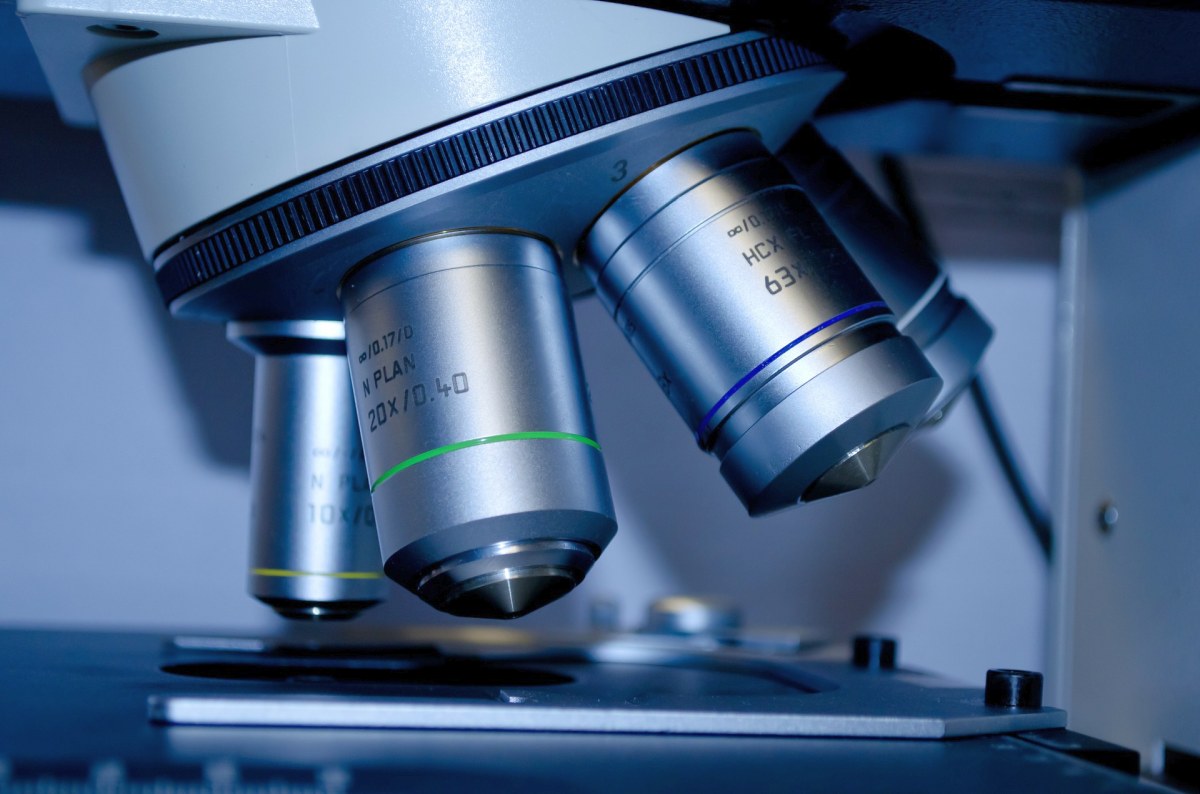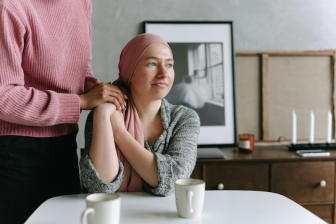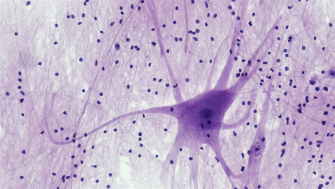Accessing edaravone in your country - the new FDA approved drug for ALS
Last updated: 08 March 2021

You can legally access new medicines, even if they are not approved in your country.
Learn howWhat are the results from the clinical studies that led to the approval of edaravone, and how can patients access it in their country?

An important step in the right direction
The approval of Radicava, referred to by its generic name edaravone, by the FDA marks the first new treatment to be approved for the treatment of ALS in the United States since riluzole (Rilutek) in 1995. With ALS awareness month in full swing, the news brings hope to patients, physicians and ALS advocates alike, and may signal a new chapter in the fight against ALS.
There are no effective cures for ALS, but the FDA approval marks a very important step for those living with ALS as it provides a new treatment option in an area where there is an urgent medical need for effective treatment. The approval was granted to Mitsubishi Tanabe Pharma America, Inc.
Notwithstanding the FDA approval, edaravone may not be available or accessible for all ALS patients. Delays in approvals and access may be due to pricing, priority, reimbursement or doctors’ preferences (or a combination of all the above). Most countries, however, allow patients (or their carers) to import medicines on a ‘named patient’ basis — a fact which is often unknown. If you or someone you know needs more information or support in sourcing a medicine not yet available in your country, you can find information on our home page about how to do this. Our team delivers not yet approved medicines from around the world on daily basis, with service that’s highly rated by doctors and patients.
Amyotrophic lateral sclerosis (ALS)
Amyotrophic lateral sclerosis (ALS) is a complex, progressive neurodegenerative disorder that attacks certain cells in the brain and spinal cord necessary for muscle movement. Senses such as hearing, sight, smell, taste and touch are not affected by ALS. Each case is different but early ALS signs and symptoms of ALS include:
- Muscle twitching and cramps
- Weakness in hands, legs, feet or ankles
- Difficulty speaking or swallowing
There is currently much research taking place on the discovery of ALS to change our understanding of this mysterious and fatal disorder.[1] The variable rate of disease progression makes prognosis difficult to predict and therapies challenging to develop. Like other neurodegenerative diseases, approximately 10% of ALS is classified as familial whereas the remaining 90% of cases are considered sporadic.[2]
The cause of ALS is unknown. However, evidence from scientific studies suggest that both genetics and environment play a role in the development of ALS.
Edaravone approval
Edaravone was approved for the treatment of ALS by Japan’s Pharmaceutical and Medical Device Agency (PMDA) in June 2015. Shortly after it was also approved in South Korea.
Since the approval in Japan, everyone.org has been ensuring the safe and effective delivery of edaravone in almost 20 countries.
On learning about the use of edaravone to treat ALS patients in Japan, the FDA’s Neurology Product’s division eagerly and rapidly engaged with Mitsubishi Tanabe Pharma America, Inc. in order to file a marketing application for the use of edaravone in the US.
“This is the first new treatment approved by the FDA for ALS in many years, and we are pleased that people with ALS will now have an additional option” stated Eric Bastings, M.D., FDA deputy director of the Division of Neurology Products.

Edaravone and clinical studies
Edaravone was first developed by Mitsubishi Tanabe Pharma Corporation in Japan, for patients affected by neurological symptoms associated with acute ischaemic stroke.
The company then worked through several clinical trials in Japan to explore its treatment for ALS given its properties as a free radical scavenger.
Edaravone is an antioxidant and a free-radical scavenger which works to remove oxygen-containing molecules, which builds up in people with ALS3. In a clinical experiment, edaravone administration significantly reduced plasma markers of tissue oxidative damage4. This antioxidant approach is thought to provide neuroprotective support to the nervous system, potentially slowing down disease progression or limiting additional damage altogether.
It is now approved in Japan under the name Radicut for both indications5 and in the US under the name Radicava for the treatment of ALS. Edaravone is the active ingredient in both Radicava and Radicut.
The approval of edaravone for the treatment of ALS was based on a study (MCI186-19) which compared the effect of edaravone with placebo on 137 ALS patients (69 patients on edaravone; 68 patients on placebo). The study consisted of 6 cycles. The comparison was based on the changes in the ALSFRS-R scores before and after the treatment. The ALSFRS-R scale consists of 12 questions that evaluate the motor and respiratory function of patients with ALS such as as speech, salivation, and walking. Each item is scored from 0-4, with higher scores representing greater functional ability6. Although rates of ALS progression can vary significantly, research shows people with ALS lose an average of one point per month on the ALSFRS-R scale7.
The decline in ALSFRS-R scores from baseline was significantly less in the edaravone-treated patients (Mean ± Standard Error (95% CI) = – 5.01 ± 0.64) as compared to placebo (Mean ± Standard Error (95% CI) = – 7.50 ± 0.66) with a difference between edaravone and placebo on the ALSFRS-R scale of 2.49 (95 % CI = 0.99, 3.98)8.This corresponds to a 33% difference between the two groups7.
As it is the case with every medicine, the effect of edaravone, although on average superior to placebo, was not the same for all patients. The distribution of change in ALSFRS-R scores from baseline to Week 24 can be found on the Radicava prescribing information page.
The most common adverse reactions reported by clinical trial participants receiving edaravone were bruising (contusion) and gait disturbance. It is also associated with serious risks that require immediate medical care, such as hives, swelling, or shortness of breath, and allergic reactions to sodium bisulfite, an ingredient in the drug8.
The standard dosage for adult patients with ALS is:
-
60 mg of edaravone administered intravenously over 60 minutes once a day
-
First cycle: daily dosing for 14 days followed by a 14-day drug-free period
-
Subsequent treatment cycles: daily dosing for 10 days out of 14-day periods, followed by 14-day drug-free periods6.
Radicut, distributed by Mitsubishi Tanabe Pharma Japan, is supplied in single-dose vials and is diluted with an appropriate volume of physiological saline. Two vials are needed for one infusion8. Alternatively, Radicava is supplied in two single-dose polypropylene bags where no dilution is needed6.
Access to edaravone
Mitsubishi Tanabe Pharma America, Inc. aims to have edaravone available for use in the US by August 2017.
However, US patients can still avail of edaravone as everyone.org, a global patient buyers club, can ensure the safe and reliable delivery to ALS patients within the United States up until this point, and at the best possible price. You can find out more information on our edaravone information page.
We can ensure the reliable access of Radicut (edaravone) through the FDA’s Personal Importation Policy (PIP) which ensures shipment upon receipt of your doctor’s prescription letter. Alternatively, we can ensure the delivery through the FDA’s Single Patient IND request which requires approval by the FDA before shipment.
If you live outside the US, similarly everyone.org can ensure the safe and reliable delivery of Radicut (edaravone) and other medications listed on our website, through various personal importation schemes across the globe such as:
Australia: Personal Importation Scheme, Special Access Scheme
Belgium: Federal Agency for Medicines and Health Products
Bulgaria: Bulgarian Drug Agency
Canada: Special Access Programme
China: China Food and Drug Administration
France: ANSM
Germany: German Medicinal Products Act
Iran: IFDA
Jordan: Jordan Food & Drug Administration
New Zealand: Medsafe
Saudi Arabia: Saudi Food and Drug Authority Import Clearance
Singapore: Health Products (Medical Device) Regulations
South Africa: Health Product Regulatory Authority
Turkey: TITCK
For more information please contact your physician, your local pharmacy or everyone.org at [email protected] or on + 31 208084414.
The future of ALS
Through the FDA approval, US patients will now have access to a second drug approved for ALS. However, ALS remains a challenging heterogeneous disease and everyone.org will continue to support those in the fight against ALS.
People with ALS should refer to the Mitsubishi Tanabe Pharma America website (www.mt-pharma-america.com) for more information about edaravone. The ALS Therapy Development Institute can provide further information on ALS, and will hold a public webinar on Wed 10th May to discuss edaravone with the ALS community. Advance registration required at http://www.als.net/als-webinars/.
“As we wait with huge anticipation for Mitsubishi Tanabe Pharmato announce their pricing, everyone.org will continue to help families and patients who may be affected by approval and pricing constraints, access effective treatments at the best possible prices,” says co-founder of everyone.org Sjaak Vink. It is through social enterprises like everyone.org that help patients who are at the forefront of approval issues, receive the latest information and access to both innovative and effective medicines at the best possible prices.
References
1. Renton et al. Nature Neuroscience, Dec 2014 doi:10.1038/nn.3584
2. Rowland et al. N Engl J Med, May 2001 doi: 10.1056/NEJM200105313442207
3. Ito et al. Exp Neurol, Oct 2008 doi: 10.1016/j.expneurol.2008.07.017
4. Nagese et al. Redox Report, Feb 2016 doi: 10.1179/1351000215Y.0000000026
5. http://www.mt-pharma.co.jp/e/release/nr/2015/pdf/e_MTPC150626_2.pdf
6. https://www.radicava.com/assets/dist/pdfs/radicava-prescibing-information.pdf
8. https://www.fda.gov/NewsEvents/Newsroom/PressAnnouncements/ucm557102.htm




